Having lived in South Africa, I went out on safari as many times as possible. For a long-weekend I would drive to Kruger National Park and immerse myself in nature. It never got old. But we have to admit that South Africa is not one of our favorite safari destinations, but many first-time safari goers are heading to South Africa to see the Big 5. South Africa has become one of the favorite destinations for nature lovers and safari enthusiasts. The success of such an expedition implies making good preparations. Therefore, it is best to be prepared by knowing the best place to go for a safari, the ideal time to visit it and how much budget you must invest to make the trip memorable. Find out all about how to organize a safari in South Africa.
Where to Go in South Africa for a Safari?
South Africa has dozens of national parks and private reserves. Also, most tourists find themselves in trouble when choosing places to discover. To organize your African safari, you will have to take the criteria like the location of the park or reserve, the type of safari offered, the animals present and the budget into consideration. It is still possible to carry out this activity at a lower cost provided you organize it yourself.
South Africa’s National Parks
National parks are open to everyone. Visitors can access it with their vehicle by paying the entrance fee. Access tickets for day safaris are sold on-site and at affordable prices. The most famous and biggest of South Africa’s national parks is the Kruger National Park. Located in the northeast of the country, it extends over almost 20,000 km² and has more than 60 species of mammals, including the famous big five. A Kruger Park safari is also an opportunity to see nearly 200 species of birds. This park has 11 access gates, and day admission costs around 20 euros/per person.
Other national parks include Hluhluwe Umfolozi National park, Kgalagadi Transfrontier National Park and Addo Elephant National Park.
Less known than Kruger Park, these protected sites have the advantage of attracting fewer tourists and charging lower prices. They host an equally rich fauna and promise magnificent safaris. In any case, South Africa is a top choice destination for a safari, and you will find the best national parks in the world to fully live your adventure!
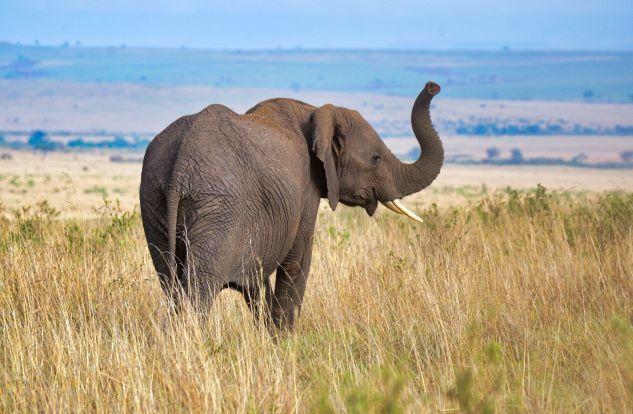
Do as much research on where and when you want to go on Safari and what animals you want t o see.
South Africa’s Private Reserves
Unlike national parks, private reserves are only accessible to residents. You must, therefore, book at least one night’s accommodation on-site to have access to the safaris. In private reserves, all services are included in the reservation. You will benefit from a pension with accommodation in often top-of-the-range lodges. A professional ranger will assist you with the 4×4 safari. The other great advantage of private reserves is that the animals are generally present in greater concentrations.
You’ll have a better chance of seeing them up close. Depending on your choice, you can also make excursions on horseback, foot, night outings and off-piste crossings. However, to take advantage of this, you will have to pay the appropriate price. It can be up to several hundred euros per night. The Sabi Sand Game Reserve is the most famous of these reserves and offers very high-quality lodges.
When to Go on Safari?
Following the choice of your safari location, you must decide on the duration. In South Africa, there are favorable periods to find an abundant animal population there. The climate also remains a favorable condition for safari. As a piece of advice from African safari advice, it is recommended to go to this southern part of the continent from September till March. You can also plan a safari in other months; however, some animals migrate, and you might not find them easily.
How Much Time Do You Need to Plan?
As part of a safari in the country of Nelson Mandela, it is necessary to have a precise idea of your budget and the type of safaris you want to do. You must know your needs before departure according to the number of days of visit as well as the pace you wish to adopt.
You may tend to want to travel the maximum number of miles to see the most things. For an unforgettable African safari, take time, especially if you want to stay on a site to observe a particular wildlife species.
You should also plan your route in advance. It will depend on the areas you plan to explore. It can lead you to change accommodation every night or according to a given number of days. For example, you can crisscross southern Kruger Park in 4 days and do a day at each other site.
What Budget Should I Plan for a Safari?
One of the most crucial points when organizing a safari trip is budget. Known to be very expensive, safaris are always prepared months or even possibly years in advance. The price for an Africa safari varies by country. The average cost of a one-week safari in Africa is around 2000 euros, plus airfare.
For a comfortable safari in South Africa, count at least 50 euros per day and per person, provided you sleep in youth hostels and cook your meals. For a top-of-the-range safari in the Rainbow Nation, the budget will be around 100 or even 200 (or even more) euros per day and per person. It is lower in Kenya, Botswana and Zimbabwe.
The safari budget depends on many factors:
- the type of accommodation chosen (lodge, campsite, luxury hotel);
- the type of vehicle used (4×4, minibus, car );
- the means of connection between the parks (taxi, plane, car);
- the season of the visit (high, medium or low).
For tighter budgets, you might have to opt for a walking safari course and nights in tents. It saves hotel costs and vehicle rentals. For the more affluent, star hotels and accommodation of all kinds are available in addition to private transport such as private jets.

Figure out where you want to stay. A tented camp? A luxury lodge? Something basic? Cost will be a factor.
Where to Sleep on Safari?
This question does not appear to be a concern in the context of a safari in a private reserve since you are systematically accommodated there. On the other hand, if you go on a safari in a national park, you will have the choice: sleep in a camp in the park or book accommodation outside.
In National Parks
In Kruger Park, for example, there are 12 main camps and more than 300 different accommodations. From the rudimentary tent to the luxury lodge, there is something for every budget. However, it is necessary to do it in advance to book, especially in the high season. Depending on the size of the camp, you can find restaurants, a mini-market, a souvenir shop and, for older children, a gas station. For all, you must respect the opening and closing times of the camp.
Outside the Parks
The most flexible solution is to book accommodation outside. On the sites for booking hotels or rooms for individuals, you will inevitably find what you are looking for. Choose accommodation near a park gate to enjoy your safari all day. The other advantage of sleeping outside the park is the possibility of alternating safari days with other activities.
Our Final Word
Going on safari is one of our favorite experiences. I have been on safari in 5 African countries and loved each and every one of them. It takes planning. Read as much as you can about the country you will be visiting. Each park and what animals you could possibly see. The more you educate yourself the less likely you will be disappointed.
Related Posts
Discovering Kenya’s Natural Wonders: An Epic Safari Itinerary
Embark on a thrilling adventure through Kenya’s breathtaking landscapes and encounter its magnificent wildlife. From the vast plains of the Maasai Mara to the stunning peaks of Mount Kenya, this epic safari itinerary will immerse you in the wonders of nature. Get ready to witness the circle of life unfold before your eyes.
Exploring the Untouched Beauty: 5 Must-Do Activities in Uganda
Embark on a Ugandan adventure and witness the raw beauty of its landscapes. Trek through misty jungles to observe mountain gorillas, cruise the Nile at Murchison Falls, spot tree-climbing lions in Queen Elizabeth Park, marvel at Lake Bunyonyi’s serenity, and hike the snow-capped Rwenzori Mountains. Uganda’s untouched splendor awaits your discovery.
The Human Connection: Why We Should Care About People We Meet on Our Travels
“The Human Connection” explores the profound impact of human interactions during travels. It emphasizes the importance of embracing local cultures, understanding diverse perspectives, and forming meaningful connections. This post encourages readers to see beyond tourist spots and delve deeper into the heart of the places they visit, through the people they meet.

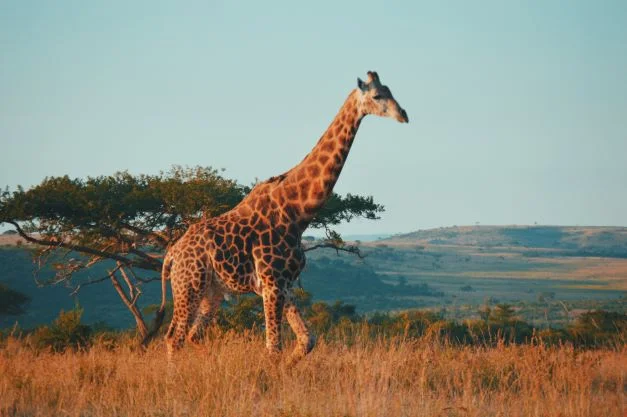
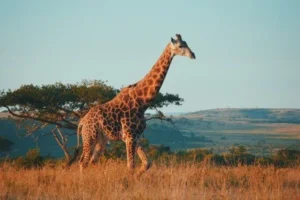
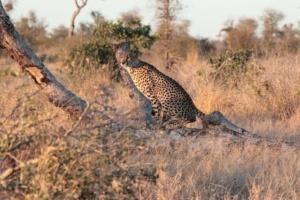
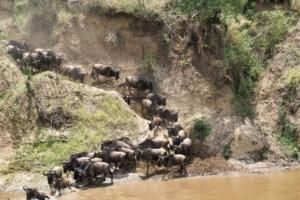
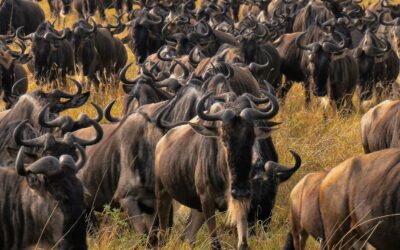
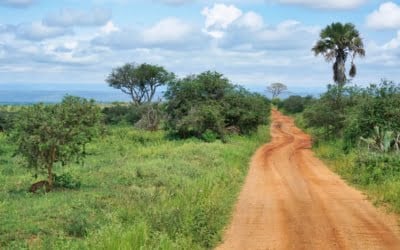
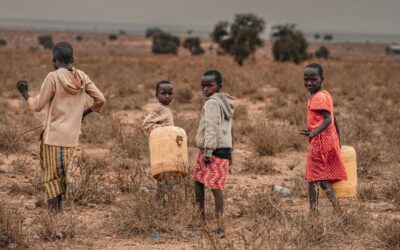



0 Comments